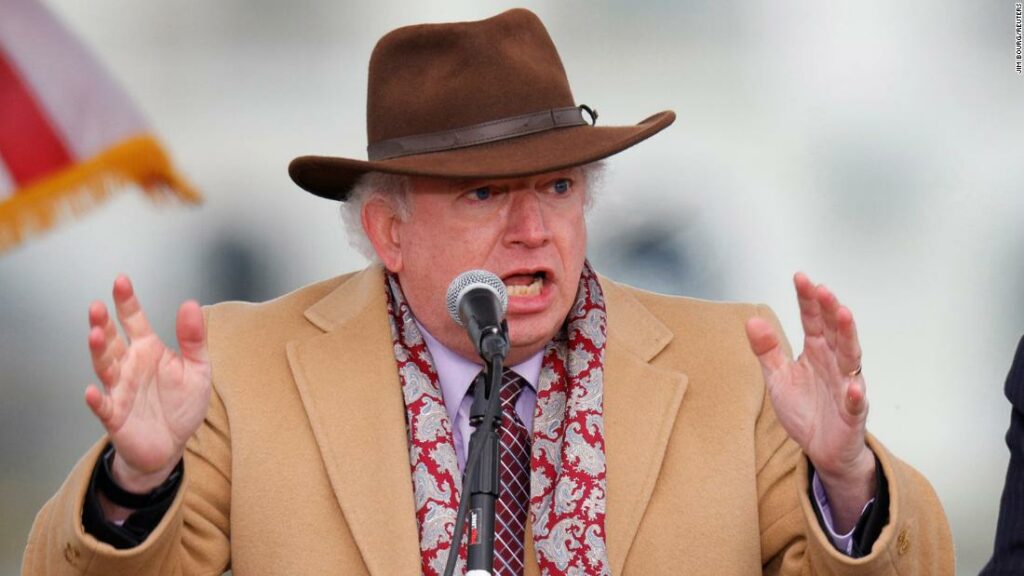The January 6 House committee is still going strong. Here’s what I know about yesterday’s court filing.
The filing in a California federal court was in response to a suit filed by John Eastman, the Trump attorney who appears to be one of the architects of the scheme to overturn the election. Eastman is trying to block the committee’s subpoena for his documents on the Trump campaign, claiming attorney-client privilege.
The committee argued that communication is no longer privileged if the attorney is helping the client commit a crime. They asked the judge to privately review evidence the committee has so far gathered to understand Eastman’s culpability.
“The Select Committee also has a good-faith basis for concluding that the President and members of his Campaign engaged in a criminal conspiracy to defraud the United States,” the filing says.
The filing also says, “The evidence supports an inference that President Trump and members of his campaign knew he had not won enough legitimate state electoral votes to be declared the winner of the 2020 Presidential election during the January 6 Joint Session of Congress, but the President nevertheless sought to use the Vice President to manipulate the results in his favor.”
It’s expected that the committee eventually will refer their findings to the attorney general, where they may either be acted upon or disappear into a big hole somewhere. It’s extraordinarily frustrated for a year to have passed after an event in which we all bleeping saw what Trump was doing, and yet he’s still a free man.
Greg Sargent writes that it’s important for any future prosecutor to prove that Trump knew good and well he had lost the election.
For instance, the filing notes that Trump’s attorney general publicly announced that the Justice Department had found no serious fraud. It says the committee has collected information demonstrating that department officials privately advised Trump of this as well. It notes that Republican election officials also confirmed this for Trump, and that extensive media fact-checks also demonstrated this beyond any doubt.
Here’s why this matters: Because in spite of knowing all this, Trump continued to press his vice president, Mike Pence, to abuse his powers to delay the electoral count. And Trump and his co-conspirators also sought to do this in other ways, by trying to get friendly state legislators to send sham electors, and by leaning on at least one GOP senator to delay it while violence raged.
And of course, Trump incited the mob to go after Pence, which could amount to an effort to weaponize his supporters to intimidate Pence into disrupting the electoral count, which Pence had refused to do.
To demonstrate criminality, it must be shown that Trump corruptly tried to carry this out, i.e., that he did so knowingly on fraudulent pretenses, which is what the filing seeks to illustrate. (The filing also suggests Trump might be similarly vulnerable to criminal charges of conspiring to defraud the United States.)
And, remember, some time this spring there will be televised hearings. Yesterday’s filing may very well be a sneak preview.
Update: Jennifer Rubin caught this:
On Wednesday, we saw a matter-of-fact announcement from the Justice Department: “A regional leader of the Oath Keepers pleaded guilty today to seditious conspiracy and obstruction of an official proceeding for his actions before, during and after the breach of the U.S. Capitol on Jan. 6, 2021. His and others’ actions disrupted a joint session of the U.S. Congress convened to ascertain and count the electoral votes related to the presidential election.” The announcement continued: “Joshua James, 34, of Arab, Alabama, pleaded guilty to seditious conspiracy in connection with the Capitol breach. As part of the plea agreement, James has agreed to cooperate with the government’s ongoing investigation.”
So there is an investigation at the Justice Department.

John Eastman
